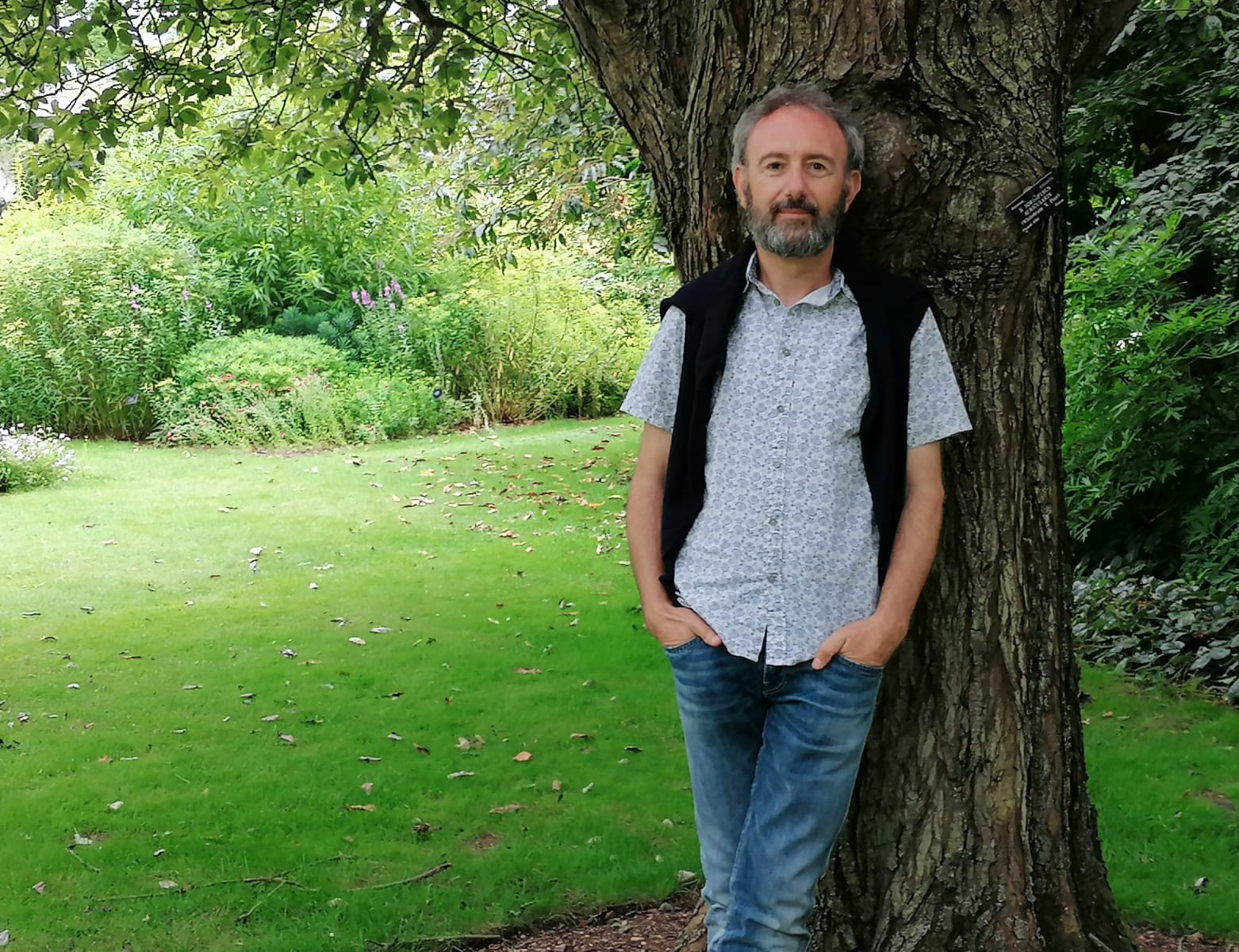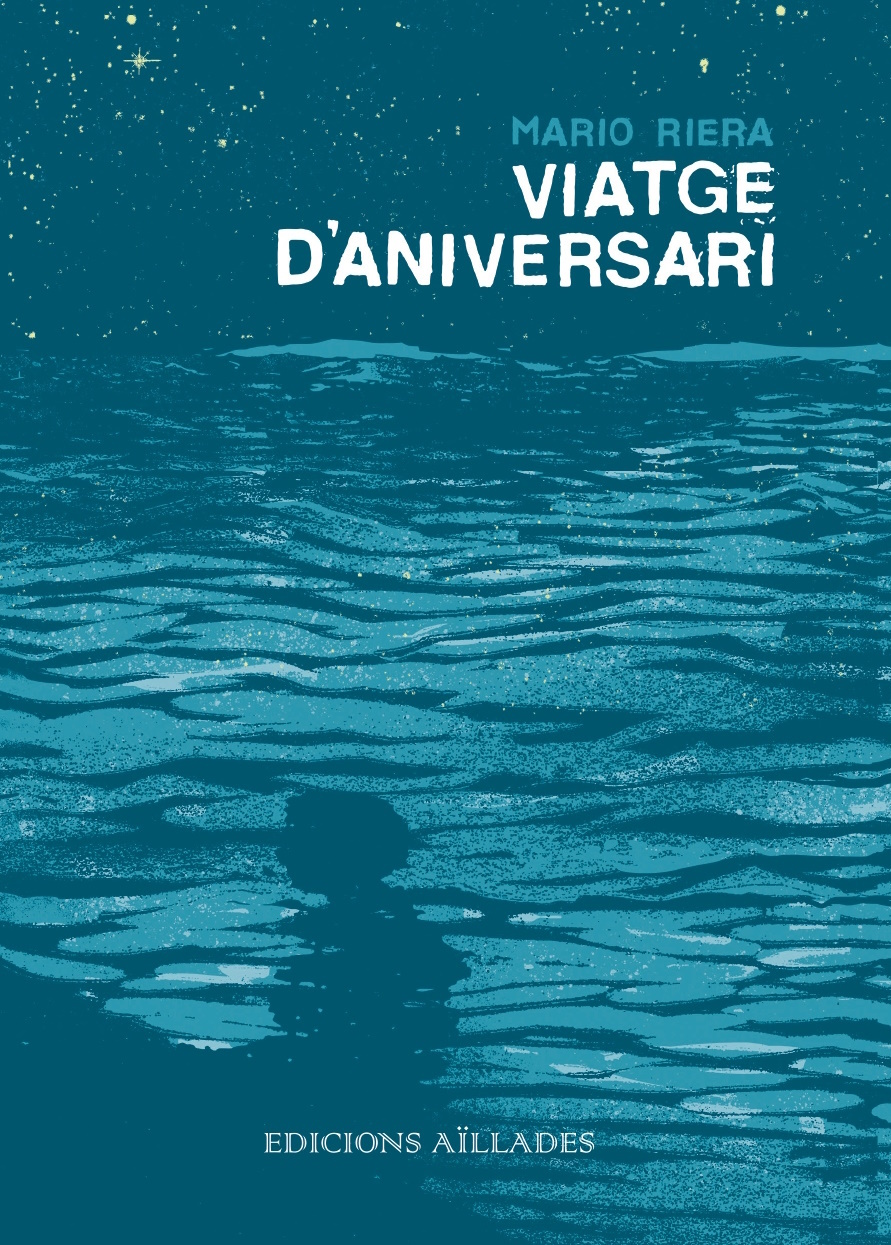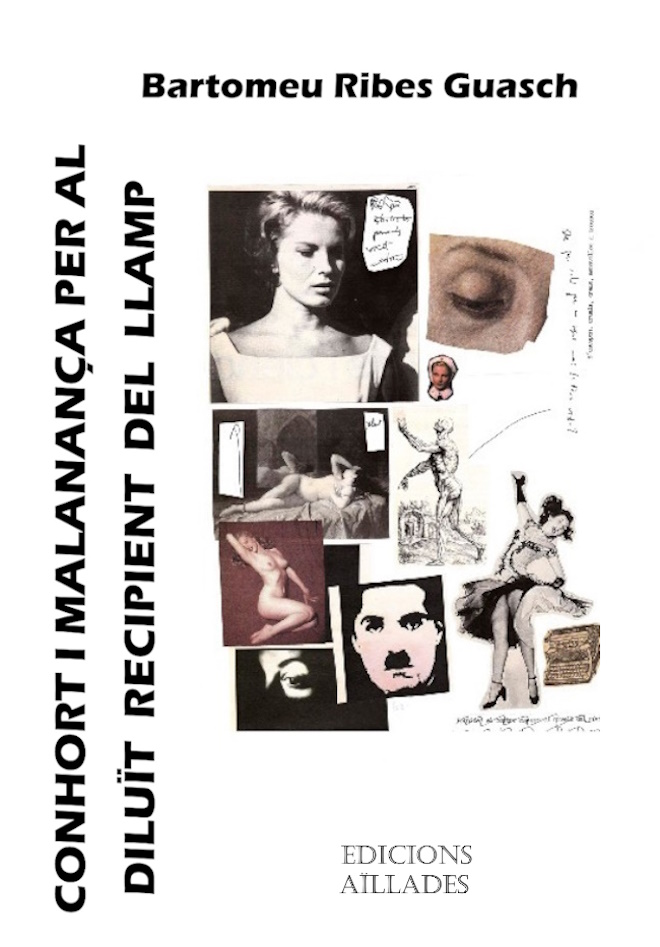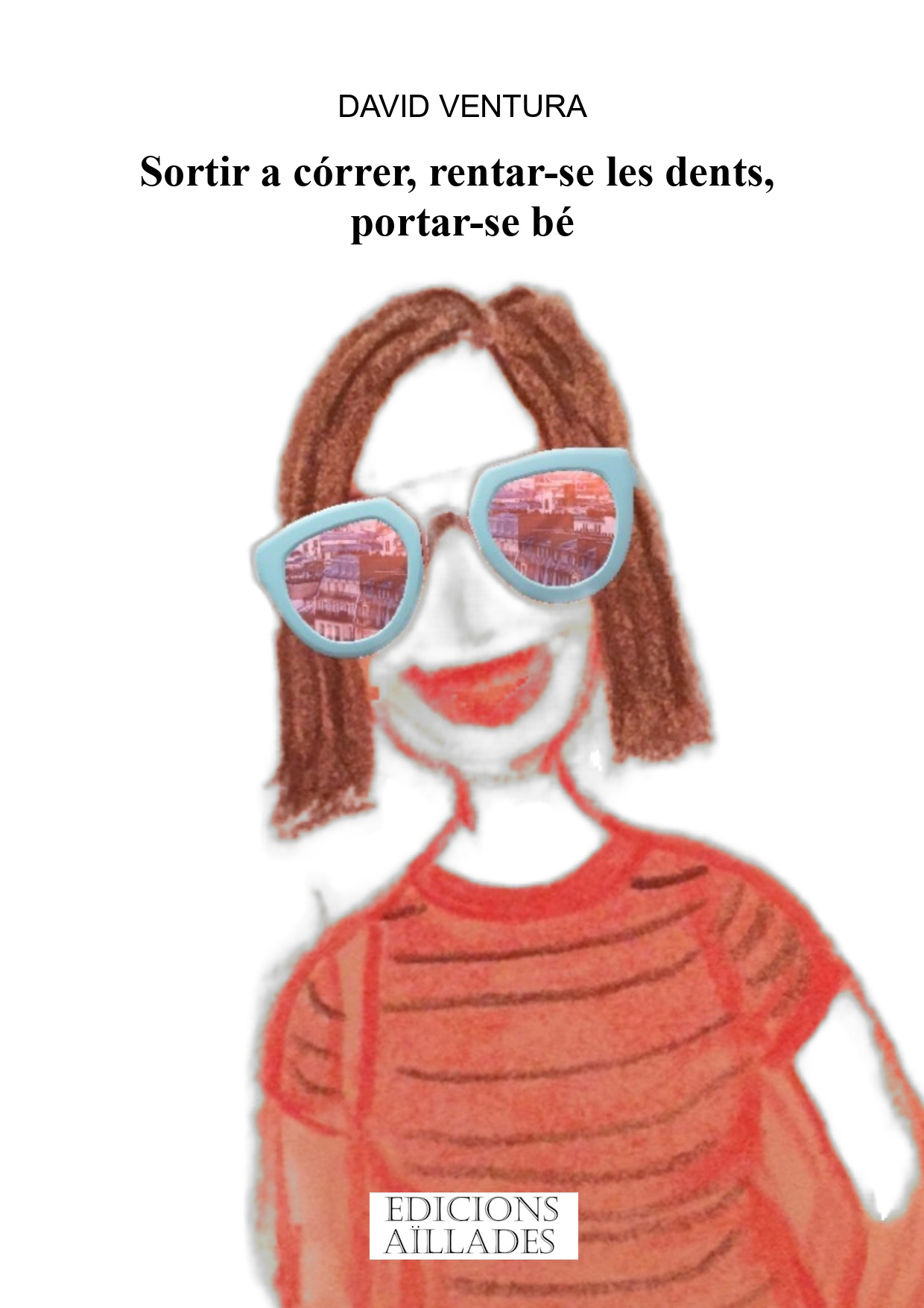INTERVIEW WITH SANTIAGO BERUETE
the anthropologist, philosopher and professor Santiago Beruete will present his new book 'A piece of land’ El 4 March at the Ibiza Museum of Contemporary Art at 12.00 horas. This collection of stories belongs to his series of publications started with 'Jardinosofía’ in which literature is united, gardening, philosophy and education.
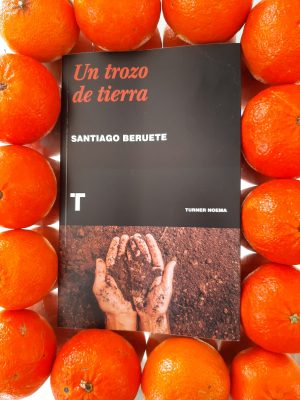
The book 'A Piece of Earth'.
INTERVIEW WITH JOSÉ M: You began to be interested in philosophy thanks to a professor. As was?
Santiago Beruete: As a teenager I was rebellious, but he had interests that the institute did not respond to. After several expulsions, This professor gave me the bug for reflective literature more than for philosophy.. Thus I began a life that would lead me to the study of philosophy to seek answers to eternal questions..
P: cgardening helped you overcome a personal crisis. Tell us something more.
SB: A foundational fact for me was that my mother died very young and our grandmother raised us in a garden. They were a hobby until I faced an existential crisis. I took refuge in the construction of one and that had something healing. I found that there was a correspondence between the aspirations of classical philosophy to harmony. I started outlining texts and wrote 'Jardinosofía'.
P: You have been in Ibiza for many years. Are there influences from the island in your work??
SB: The island allowed me to spend many hours transforming a piece of forest into a garden. I have also spent many hours walking through nature, which is more accessible than in the north. I learned the sensory and intellectual joy of the gardens in Ibiza.
P: Your books about gardens relate them to personal growth. When someone is dedicated to them, who cultivates whom?
SB: It's mutual. Caring for plants reconnects us vitally and spiritually with the earth and forces us to disengage ourselves., to decenter, promotes internal dialogue and peace with oneself. You begin to realize that growing a garden is a way of cultivating yourself and that seeing what we plant grow is one of the most genuine sources of joy..
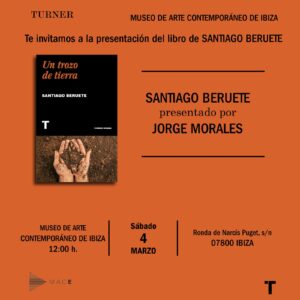
The poster for the presentation of 'A piece of land'.
P: 'A piece of land’ It is the first foray into literature in your series that began with 'Jardinosofía'. What does this genre have that the essay does not have when it comes to expressing yourself??
SB: The essay urges transformative action. Fiction seems to be resigned to fatalism or the elegy of an idealized past. I tried to rebel against all that and tried to combine scientific knowledge with transformative stories and the ability to call for social commitment in literature..
P: Your three previous books and some of your stories have invented compound names. Because?
SB: These works are difficult to label and this appears in the titles themselves. They are newly created words that try to illuminate new realities and that delimit a semantic field to which many of the concepts that interest me belong.. These terms are the way to transmit the seed of a desirable future.
P: As a result of confinement, philosophy entered the social debate with the question of how far the State could restrict citizen freedom.. Is there more interest in the subject lately?
SB: One of the levels of reading these books is the defense of philosophy and the values that it implies such as the critical spirit., rational sufficiency or freedom of thought. I think that philosophy arouses a lot of interest because people know that new technologies, Governments and populism are putting a price on your mind. To fight against it, the tools of philosophy are essential.
his unwavering faith in God and the numerous trips that brought him into contact with diverse cultures and to settle in Santa Eulària
ILLES.CAT
Online literary platform






